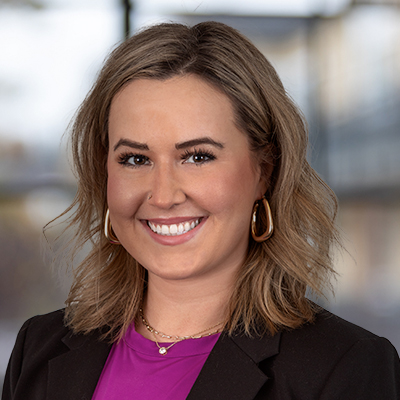Divorce: Equitable, Not Equal Property Division
When going through a divorce in Washington state, many individuals mistakenly believe that all assets will be split equally, or 50/50, because the state is a community property state. However, the court has significant discretion to determine a fair and just division of property, which may not always result in an even split. “Equitable” does not always mean 50/50.
What Property Can the Court Divide?
First, a court will determine what constitutes community property. Community property includes assets and property acquired during the marriage. Next, the court will assess each party’s separate property. Separate property typically refers to assets received before marriage or through gifts or inheritance. While the court has the authority to divide separate property, it is generally more cautious in doing so. This understanding of separate property helps inform the court’s equitable division of assets.
What Does the Court Consider When Dividing Property?
When making a fair and equitable division of assets, the Court will consider several factors, including the total community property, each party’s separate property, the length of the marriage, and the economic circumstances of each spouse at the time of division. Other considerations that may influence equitable division include the health and ages of the parties, their future earning potential, their education and work histories, their financial needs and capabilities, any anticipated future assets and obligations, and whether the ownership of certain properties can be attributed to the efforts or inheritance of either spouse.
Does This Mean Each Party Gets Half of Each Asset?
No, the court aims to balance the scales fairly. If one party has substantial retirement savings while the other does not, the court may award the family home to the party with fewer assets to help balance their financial futures. There are various ways to achieve this, depending on each party’s assets and debts. It’s often beneficial to discuss these issues further with your attorney to explore creative solutions for asset division.
What are Other Considerations of the Court When Dividing Assets?
In a divorce proceeding, a court typically evaluates each party’s ability to manage debts after the separation. For instance, if one party has a low income, it may not be fair for the court to award them the family home, especially if it comes with a high mortgage. This could place them in a financially disadvantaged situation. However, if the lower-income party has primary custody of the children, the court might explore different solutions for the family home. For example, it could require the other party to contribute toward the mortgage to ensure an equitable division of assets.
Additionally, the court often assigns assets along with their corresponding debts to the same individual. This includes personal property such as vehicles, boats, and items that each party regularly uses. In summary, a court can be creative when dividing assets, and with some innovative thinking alongside your attorney, your requests may be achievable.
The Lawyers at Beresford Booth Are Worth Your Time
When choosing a lawyer, consider these factors and take the time to interview multiple candidates. Ask about their experience, fees, and approach to cases. Ask the best way to communicate with them. Trust your instincts and choose a lawyer who you feel both comfortable with and confident in.
Serving Washington Since 1946
Beresford Booth lawyers are experienced, dedicated professionals, prepared to answer your questions and guide you through the process based on your needs and goals. As a result of our experience, we provide you practical advice and set reasonable expectations for the process. Together, we develop and implement a case strategy based on your goals. Beresford Booth is a Primerus law firm. Primerus is an international society of top-rated independent law firms.
Family law disputes can be stressful and emotional. Our family law group can take some of the weight off your shoulders. To request a consultation, please contact Beresford Booth at info@beresfordlaw.com or by phone at (425) 776-4100.
